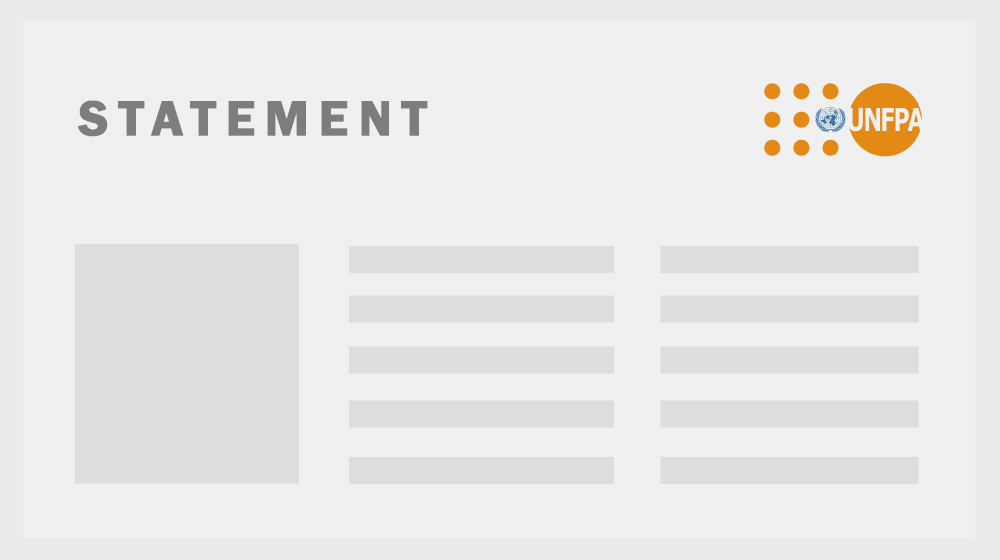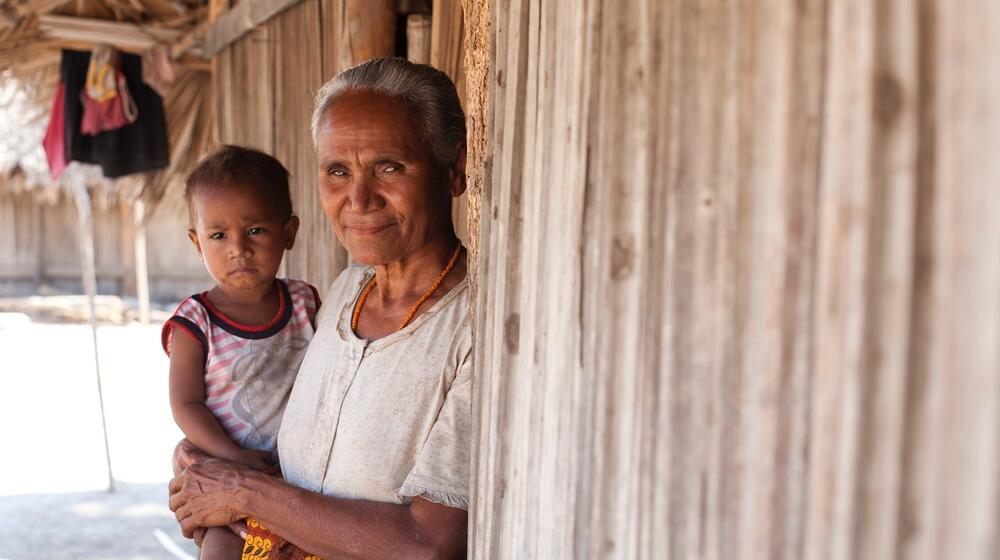What women and girls want matters.
They make up 49.7 per cent of the global population, yet women and girls are often ignored in discussions on demographics, with their rights violated in population policies. The result is a world that excludes and marginalizes half the population of the planet – a problem that will prevent all of us from experiencing a more prosperous, peaceful and sustainable future.
At the root of this problem is gender inequality.
This pervasive injustice keeps women and girls out of school, the workforce and leadership positions; limits their agency and ability to make decisions about their health and sexual and reproductive lives; and heightens their vulnerability to violence, harmful practices and preventable maternal death, with a woman dying every two minutes due to pregnancy or childbirth.
When women and girls are empowered by societies to exert autonomy over their lives and bodies, they and their families thrive, as the UNFPA 2023 State of World Population report illustrates. The knock-on effect is a better, more inclusive world, equipped to deal with whatever demographic changes and challenges the future holds.
UNFPA brings its data, experience and stories to support women and girls around the world, and World Population Day gives us an opportunity to highlight the need to advance gender equality to help realize the dreams of all 8 billion of us on our planet.
This process starts by listening to the voices of women, girls and other marginalized people and introducing laws and policies that enable them to exert their rights and make meaningful choices.
We must advance gender equality to create a more just, resilient and sustainable world. The creativity, ingenuity, resources and power of women and girls are fundamental to addressing demographic and other challenges that threaten our future, including climate change and conflict. Women play a powerful role in advancing consensus and building peace at all levels. Yet just six countries have 50 per cent or more women in parliament.
Too often, gendered economic barriers and challenges to women’s sexual and reproductive health and rights, including lack of access to contraceptives, prevent women from creating the families they want – representing a violation of their bodily autonomy that threatens our global future. Governments must fortify the rights of women and girls to ensure a more inclusive and resilient global population.
The bottom line: Investing in gender equality today is an investment in our shared future.




